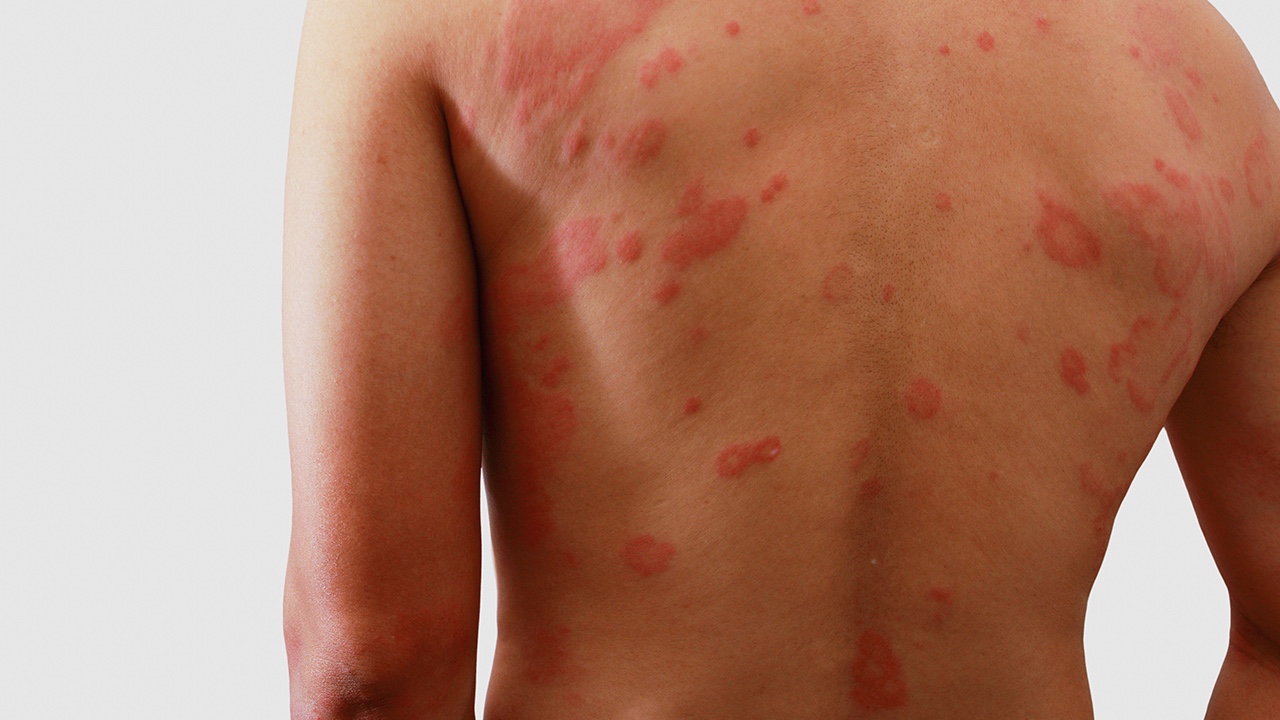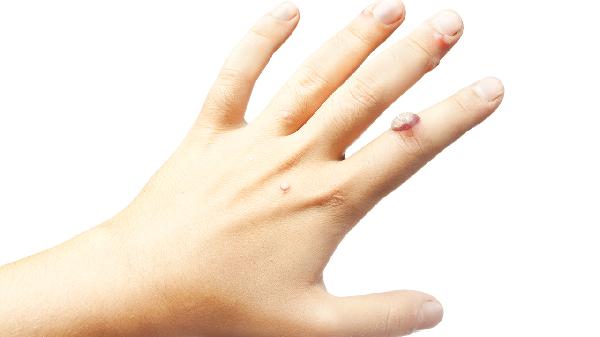It is well known that AIDS is a very serious sexually transmitted disease. Currently, there is no specific cure for AIDS. Since AIDS can trigger systemic diseases in the human body and has varying incubation periods, early suppression of the virus can effectively reduce the suffering of patients.
People living with HIV/AIDS should pay attention to the following dietary principles:
1. High-energy, high-protein diet
Due to decreased appetite and impaired absorption function, people with HIV/AIDS often have insufficient energy intake. Additionally, increased metabolic rates lead to energy imbalance. Therefore, their diet should primarily consist of high-protein and high-energy foods.
2. Eat more fresh vegetables and fruits
People with HIV/AIDS should consume plenty of fresh vegetables and fruits to enhance their disease resistance. They should particularly focus on foods rich in vitamin A, carotene, vitamin C, and vitamin E.
3. Small, frequent meals at regular intervals
Eating too much at once can cause indigestion and harm the spleen and stomach, which is detrimental to the condition. Eating too little can lead to insufficient nutrient intake and exacerbate malnutrition. Therefore, people with HIV/AIDS should eat small, frequent meals, ideally five to six times a day.

4. Diversify food choices
Each meal should include a variety of foods, and they should aim to plan a diet that includes five food groups.
5. Avoid spicy and acidic foods.
6. Pay attention to food hygiene.
7. Do not smoke or drink alcohol.
8. Engage in moderate physical exercise.
9. Maintain a positive mood.
Traditional remedies for suppressing AIDS:
1. Bitter melon
The protein in bitter melon has a strong inhibitory effect on HIV. American scientists once had 50 AIDS patients consume large amounts of bitter melon or drink its juice, achieving certain therapeutic effects.
2. Kelp
Kelp is rich in iodine, which promotes the absorption of inflammatory exudates and has some inhibitory effects on cancer. Kelp also contains sulfolipids that protect immune system cells from HIV, thus preventing AIDS.
3. Goose blood
Goose blood contains a large amount of immunoglobulins, which enhance the body's immune function, increase white blood cell count, and promote the phagocytic function of lymphocytes, providing strong resistance to HIV.
4. Garlic
Garlic contains plant-based bactericides that can kill various viruses. Regular consumption of garlic can also boost immunity and prevent various diseases. Studies show that HIV placed in garlic juice dies within five minutes. Therefore, eating more garlic is significant for preventing AIDS.
5. Soybeans
In addition to being rich in protein, soybeans contain selenium, a trace element that enhances the body's disease resistance. The saponins in soybeans can inhibit HIV, making it difficult for the virus to grow and reproduce even if it enters the body.
6. Cucumber
Cucumbers contain carotene C, which enhances immune function and has antiviral and anticancer effects. The bitter chemical substance at the end of cucumbers can kill HIV that enters the body.
























